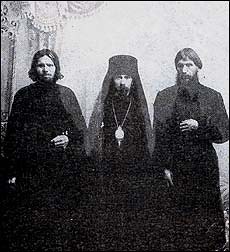
It is a truth universally (but mostly presently) acknowledged that reading Dostoyevsky and red wine is the best thing to do at the end of the week. Sitting in the kitchen, on the third glass, with a happy heart. (Somewhere down Walton Street my friend A, wrapped up in bed with a cold, is also reading the Brothers Karamazov.)
The sudden changes of mode – from philosophical to slapstick, from passionate to comedic – are a delightful jolt. Here’s a paragraph during the dramatic (but mostly blustering) trial of Dmitry Karamazov which, with all its paranoid specificity, makes me think of Bolano and a host of East-European twentieth century writers:
‘Moreover, he himself hated his feet; for some reason he had all his life found his big toes unsightly, especially one thick, flat toenail on his right foot that curved down awkwardly like a hook and would now be exposed for all to see. Utterly ashamed, he became ever more arrogant and intentionally provocative. He ripped off his shirt.’
Comments